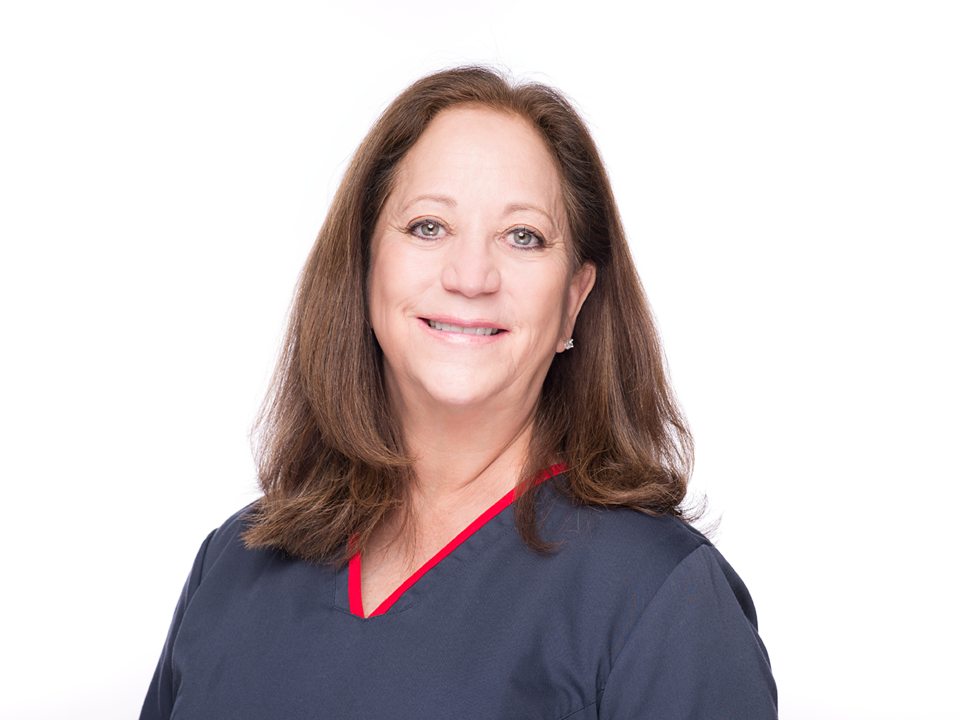Featured
Tags
Share

Emmanuel Patrick Palma Jr., a registered nurse, is an implementation manager at a leading healthcare system north of Chicago. He works with an integrated electronic health record (EHR) system now used in 70 percent of U.S. hospitals that no longer use paper charts to deliver patient care.[1], [2]
“I like to be the bridge between the nursing and IT sides of healthcare, knowing how to clinically and technically operate within the system,” he said. “Patients appreciate that with EHRs, they can go to their primary care physician or the emergency room and all of their healthcare information is available to the nurses and physicians. The care they receive is targeted to address their unique medical history and long-term wellness.”
Palma began his career as a registered nurse. He had a solid understanding of technology and assisted with EHR integration within the scope of his daily work, but lacked the education required for a promotion within his organization. For this reason, he decided to pursue his Master of Science in Nursing (MSN) at Chamberlain College of Nursing, which offers an informatics specialty track online so students can continue to work while they earn their degree.
Nursing informatics is an emerging profession at the intersection of technology and healthcare. Informaticists help facilitate data sharing across healthcare teams, enabling a more patient-centric, customized approach to care. According to a 2012 student by the National Center for Health Statistics, seventy-five percent of healthcare providers would attribute improved patient care to EHRs.[3]
“Nurse informaticists streamline information sharing, allowing care teams of doctors, nurses and other healthcare professionals to work together more closely,” explained Dr. Toni Hebda, professor in the MSN degree program at Chamberlain. “Seamless function of EHRs means less time charting in records, more time caring and advocating for patients and improved continuity of care.”
After graduating with his master’s, Palma is now prepared to sit for the national certification exam, which he will take to become fully credentialed and able to take on more formal informatics responsibilities.
“My nursing education at Chamberlain taught me that change happens every day; the only constant in life is change,” Palma said. “A nursing informaticist is a change agent who adapts to the transforming technology at hand to advance patient care and improve outcomes. Accept the change, embrace the change and advocate for the change.”
[1]"HIMSS Analytics Stage 7 Award Paperless and Proud of IT!" HIMSS Analytics: Healthcare IT Data, Research, and Analysis. N.p., n.d. Web. 02 Apr. 2014. <https://www.himssanalytics.org/hc_providers/stage7Award.asp>.
[2]"Epic: Stage 7." Epic: Stage 7. Epic, 2014.
[3]Jamoom, E., Patel, V., King, J., & Furukawa, M. (2012, August). National perceptions of ehr adoption: Barriers, impacts, and federal policies. National conference on health statistics.
By Jennifer Bouchard
More from Home
Request More Information
To receive the Chamberlain University Program Guide, including associated career paths, please select a program of study.






